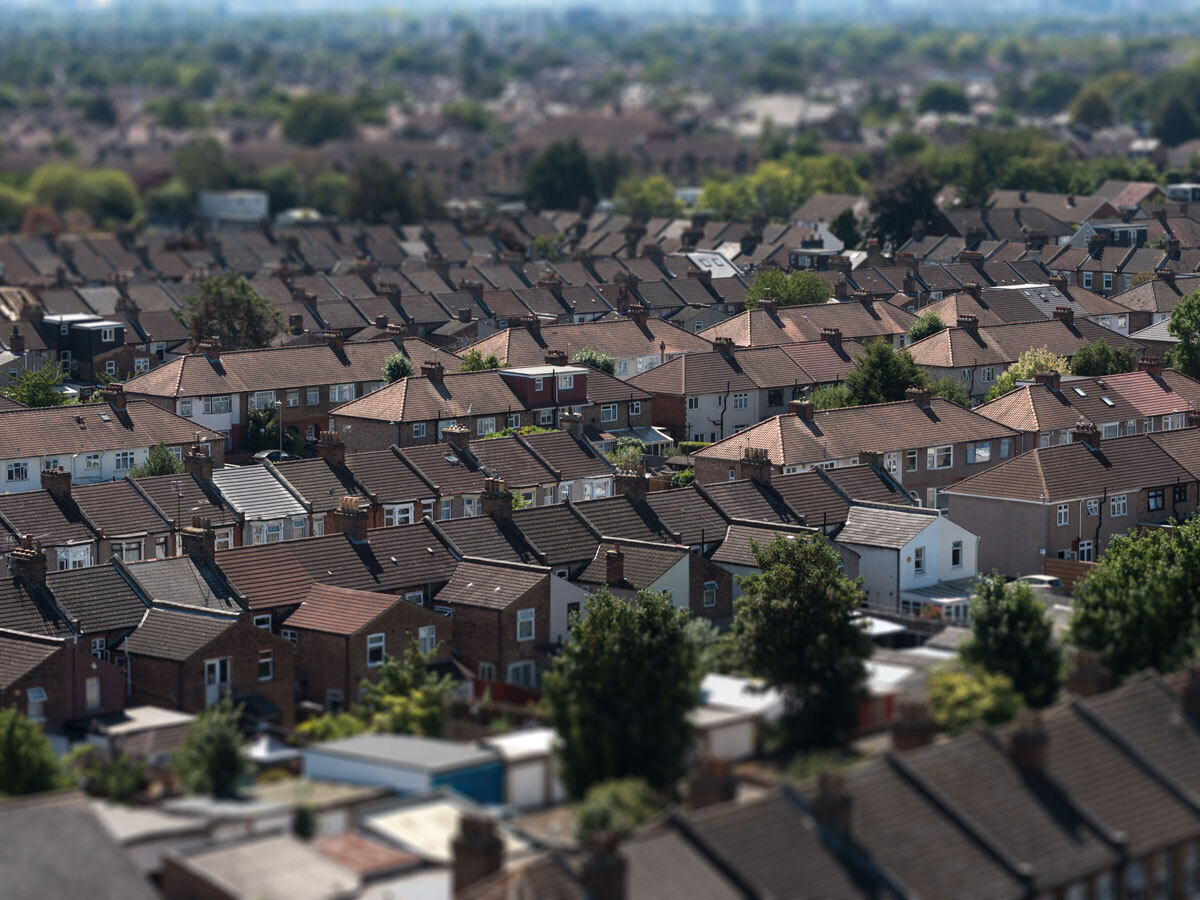Barratt’s share price slumped following a trading update that showed a cut to land acquisition plans in response to unfavourable economic conditions in the UK. Analysts anticipate that Bellway’s preliminary results will likewise temper expectations.
The UK’s largest listed housebuilders including Barratt Developments [BDEV.L] and Bellway [BWY.L] have been hit by a barrage of headwinds this past week, as cost of living concerns are compounded by increasing mortgage rates and reduced availability.
Recent figures from Barratt’s trading update that was released on 12 October indicate how the UK’s perilous economic situation has been impacting the housebuilding industry, with private reservations below the level seen last year. The update serves as a warning to investors ahead of Bellway’s upcoming preliminary results announcement.
In reaction to the update, Barratt Developments share price fell 5% and set a fresh 52-week low of 313p during intraday trading. As of 13 October, the stock is down 49.8% at 341.8p. Meanwhile, the Bellway share price is down 47.2% over the same period.
Peel Hunt analysts have observed that the UK housebuilding sector has seen a 48% downturn so far this year. “The drop in mortgage availability is a direct result of the financial market fall-out which followed the chancellor’s botched fiscal event of 23 September,” AJ Bell investment director Russ Mould said, according to Proactive Investors.
Barratt struggles from fall in private reservations
According to Barratt’s trading update, the group is on track to meet adjusted profit before tax expectations for the year, despite an uncertain outlook and falling demand. Net private reservations per average week fell from 281 in the year-ago period to 188.
Sophie Lund-Yates, an equity analyst at Hargreaves Lansdowne, said of the update: “We’re seeing the first real cracks in the housing market. Demand for new builds is cooling.”
With the average cost of a two-year fixed rate loan having risen to 6%, combined with economic uncertainty and cost of living concerns, “people are simply less likely to wander into a show home, and even less inclined to sign on the dotted line”.
Barratt’s earnings also detailed a cutback in land spend, with 813 new plots acquired compared to 3,735 in the previous year. “We now expect land approvals will be substantially below replacement level in FY23,” the company said.
Further updates are expected at Barratt’s upcoming annual general meeting, which is scheduled for 17 October. The figures in the trading update won’t have the impact of September’s mini-budget fully baked in, so investors can hope for more detail on how recent market turmoil could hit expectations at the meeting.
Bellway expected to cut forecasts
Bellway, meanwhile, is due to announce preliminary results on 18 October. Its previous trading update, announced on 9 August, noted “record housing revenue” for the year to 31 July, rising 13% year-over-year to £3.5bn. Bellway also reported a strong forward order book of 7,223 homes worth £2.11bn. Looking ahead, operating margins are expected to increase to 18.5% for the fiscal year 2022. Despite this, the Bellway share price fell 2.2% following the update.
Aynsley Lammin, an equity research analyst at Investec, thinks that investor’s “focus will be on recent sales rates, cancellation rates and any forward guidance the group provides. Longer term, the key issues for the investment case is the success of bringing through more land and sites at good margins to drive growth.”
However, Charlie Campbell, an investment analyst at Liberum Capital, believes that Bellway may follow Barratt’s lead in cutting land spend. “It will be interesting to see if Bellway does the same,” he told Opto. “I suspect they will.” Campbell expects the preliminary results to include a downgrade on the 12,200 homes forecast for fiscal year 2023 in August’s trading update, and anticipates a share price reaction to the downgrade despite the sector’s woes being priced in by investors.
“We’re still at the point where bad news is bad news. If they were to cut their forecast and the share price held steady, this would indicate that all the current headwinds have been priced in by the market.
Continue reading for FREE
- Includes free newsletter updates, unsubscribe anytime. Privacy policy





